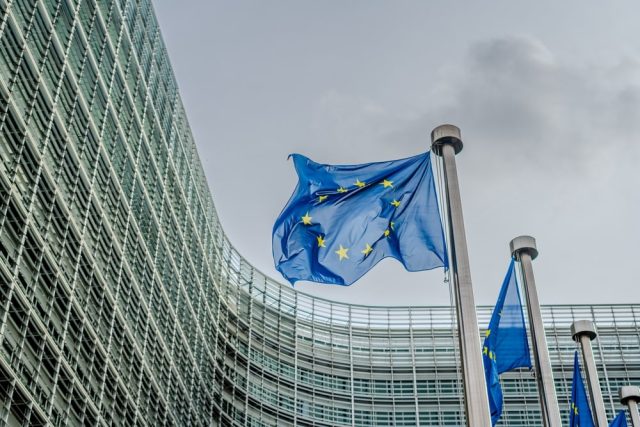
The European Council held on 27 June 2025 in Brussels represented a turning point for the definition of the political and diplomatic strategies of the European Union. Following the NATO summit in The Hague, the leaders of the 27 Member States discussed three main dossiers: the crisis in the Middle East, support for Ukraine and economic competitiveness, addressing internal divergences and international pressures. The discussions highlighted not only the EU’s attempt to assert an active role on the global stage, but also the persistent political fractures between Member States.
MIDDLE EAST: THE REQUEST FOR A CEASEFIRE
One of the main results of the summit was the united request for a ceasefire in the Gaza Strip and the release of the hostages held by Hamas. European Council President Antonio Costa stressed the importance of diplomacy in the region and reiterated the need for a lasting solution for Gaza. The EU missions active in the Palestinian territories have been extended until 30 June 2026, with the possibility of adapting the mandates according to the evolving context. Despite the agreement in principle, some critical voices were raised within the Council. In particular, Irish Prime Minister Micheál Martin denounced the weakness of European positions towards Israel, accusing the EU of not exerting enough pressure to put an end to the “massacre of innocent civilians”. In parallel, leaders reaffirmed their commitment to preventing Iran from acquiring nuclear weapons, reaffirming their support for a negotiated solution to the Iranian nuclear issue.
THE UKRAINE DOSSIER: HUNGARY’S ISOLATION
Support for Ukraine has found consensus among 26 of the 27 Member States, with Hungary as the only exception. Hungarian Prime Minister Viktor Orbán referred to a non-binding survey conducted in his country, according to which 95% of citizens oppose Ukraine’s entry into the Union. Despite this, the Council adopted conclusions that strengthen military and industrial support for Kiev, highlighting the intention to integrate the Ukrainian defence industry more closely with the European one. The participation of Ukrainian President Volodymyr Zelensky via videoconference further underlined the strategic weight attributed to the conflict by the EU.
SANCTIONS AND ENERGY POLICY: SLOVAKIA’S CONCERNS
Another central theme was the new package of sanctions against Russia, which would be the eighteenth since the beginning of the invasion. However, Slovakian President Robert Fico expressed reservations about Brussels’ proposal to cut off Russian gas imports from January 2028. Fico called for a postponement of the vote, pointing out the possible economic repercussions of the measure. The Slovakian case clearly highlights the tension between the need for effective sanctions and the energy security concerns of some Member States.
EUROPEAN DEFENCE: TOWARDS COORDINATED REARMAMENT
Continuing the work started at the NATO summit in The Hague, European leaders discussed strengthening common defence. The Commission and the High Representative for Foreign Policy, Kaja Kallas, were tasked with presenting a roadmap by October to reach the target of 5% of GDP devoted to military and security spending by 2035. This measure marks a qualitative leap in the EU’s ambition to consolidate its strategic autonomy in the defence field.
TRADE RELATIONS: DIALOGUE WITH THE UNITED STATES AND MERCOSUR
International trade was the last item on the Council agenda. Leaders discussed the ongoing negotiations with the United States to avoid the imposition of tariffs on European exports. German Chancellor Friedrich Merz reiterated the crucial importance of transatlantic relations, also calling for a relaunch of the agreement with Mercosur and the conclusion of new trade agreements. The EU’s economic ambitions are therefore intertwined with the need to strengthen its competitiveness in an unstable global context.
A EUROPE BETWEEN UNITY AND DIVERGENCIES
This European Council highlighted the complexity of the European decision-making process. Although the EU has expressed common positions on numerous strategic issues, internal divergences — in particular in regard to Ukraine, sanctions and energy policy — continue to pose a challenge to the effectiveness and cohesion of the Union. The summit, nevertheless, reaffirmed Europe’s willingness to play an active and coherent role on the global stage, seeking a balance between principles, national interests and political solidarity.



 Subscribe
Subscribe